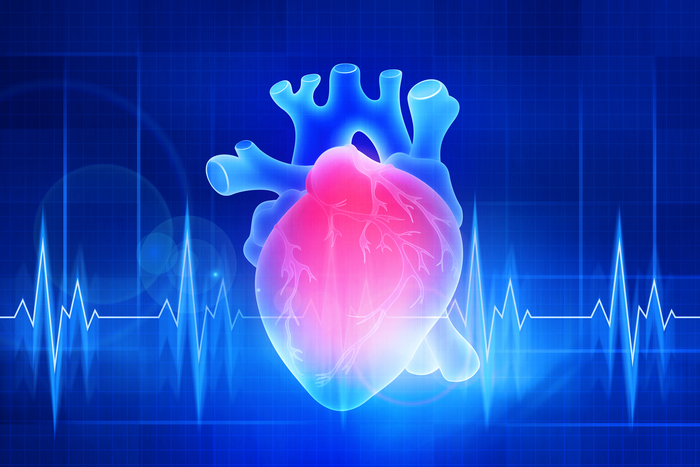The Lundquist Institute for Biomedical Innovation at Harbor-UCLA Medical Center has received a $1 million gift from the Stanley W. Ekstrom Foundation to investigate the progression rates of low attenuation plaque under the influence of Colchicine as compared to placebo. This gift will directly support the work of Dr. Matt Budoff, a Lundquist Investigator whose research is devoted to advancing procedures that can help doctors identify patients early that are at high-risk for cardiac events and progression of atherosclerosis.

Credit: The Lundquist Instiute
The Lundquist Institute for Biomedical Innovation at Harbor-UCLA Medical Center has received a $1 million gift from the Stanley W. Ekstrom Foundation to investigate the progression rates of low attenuation plaque under the influence of Colchicine as compared to placebo. This gift will directly support the work of Dr. Matt Budoff, a Lundquist Investigator whose research is devoted to advancing procedures that can help doctors identify patients early that are at high-risk for cardiac events and progression of atherosclerosis.
“Our gifts are for very specific purposes,” said Steve Silverstein, President of the Stanley W. Ekstrom Foundation. “We were already aware of the issue of inflammation and its effect on heart disease so when we learned about Dr. Budoff’s innovative work in early detection of heart disease and his research on different therapies on atherosclerosis, we thought this would be a good fit for the foundation. We are very pleased to have made this gift and look forward to the results of his research on Colchicine.”
Inflammation plays an important role in atherosclerosis and progression of coronary artery disease. It has a vital role in all stages of atherosclerotic plaque development, including promotion of plaque instability and acute coronary syndrome. The first evidence that anti-inflammatory therapy may improve cardiovascular outcomes was observed in the Cankinumab Antiinflammatory Thrombosis Outcomes Study (CANTOS) and this has led to the search for alternative anti-inflammatory medications that could lower the risk of atherosclerotic events in patients with coronary artery disease (CAD).
“I am honored that the Ekstrom Foundation has chosen to fund my research,” said Dr. Matthew Budoff, who besides being an Investigator at The Lundquist Institute is also a Professor of Medicine at the David Geffen School of Medicine at UCLA and the Program Director of Cardiac CT, Division of Cardiology, at Harbor-UCLA Medical Center. “The goal of this study is to evaluate whether treatment with Colchicine results in greater change of coronary plaque volume from baseline level when compared to placebo. I am excited to embark on this study and discover whether this anti-inflammatory medication can make a difference in our patients.”




